
Published:
Readtime: 3 min
Every product is carefully selected by our editors and experts. If you buy from a link, we may earn a commission. Learn more. For more information on how we test products, click here.
While electric car sales have been a topic across major worldwide markets, the biggest one has embraced them even more. Of course, we are talking about China, and EVs have always had a large chunk of the market there, but in July 2024, electric car sales overtook traditional ICE vehicles for the first time.
That is a landmark moment in the automobile world because China, despite its unique market traits, significantly influences car-makers’ strategies and their future, especially here in Australia. As the most significant automobile market, China is very important to carmakers, who often launch tailor-made cars to suit the sometimes eccentric market preferences. Hence, with a massive jump in electrified car sales, car-makers will place further importance on the development of EVs.
RELATED: 2025 MINI Cooper S (Petrol) vs. MINI Cooper SE (Electric): Sibling Rivalry?
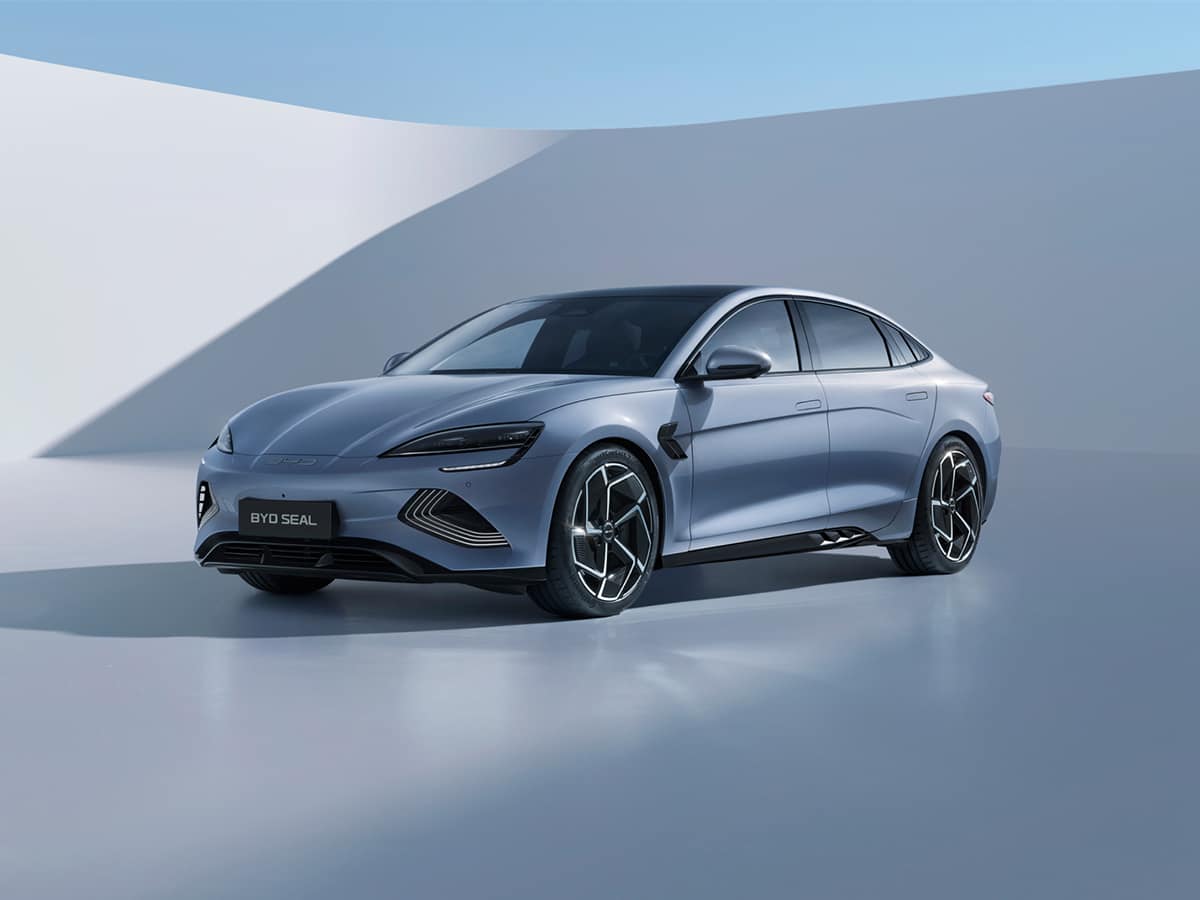
In July, China saw 50.7 per cent of all new vehicles sold as plug-in hybrids and pure battery electric cars, which is a massive jump from 28.6 per cent in June. However, a caveat is that the reason for this is because of Government incentives that have been pushing for the mass adoption of EVs. A few years ago, electric car sales were a mere 7.0 per cent of the total market, but Government incentives for domestically made EVs have increased sales steadily. These initiatives include no sales tax, special scrappage schemes, and cash incentives.
Additionally, cash incentives for EVs doubled in July to 20,000 yuan (AUD$2,785) and have been made retroactive till April. New Energy Vehicles, or NEVs as China calls them, have had a generous uptake because of this, but it remains to be seen if this demand for EVs can be sustained in the long run. What this clearly shows is that car-buyers will switch to EVs and PHEVs if the price is right which means going forward manufacturers will put even more focus on EVs and plug-in hybrids.
For the Australian market, EV penetration has maintained a steady 8.0 per cent while sales have grown due to more product launches. Interestingly, while the US and Europe have been putting barriers to Chinese EVs, the Australian market has been lapping them up as Chinese EVs have been increasing in popularity. BYD continues to be a favourite while being a competitor to Tesla, plus, we will soon see the entry of other brands like XPeng, Zeekr and Aion. Globally, half of the top EV makers are Chinese and it will continue to influence the automobile space as we increasingly gravitate towards electrified cars.
You’ll also like:




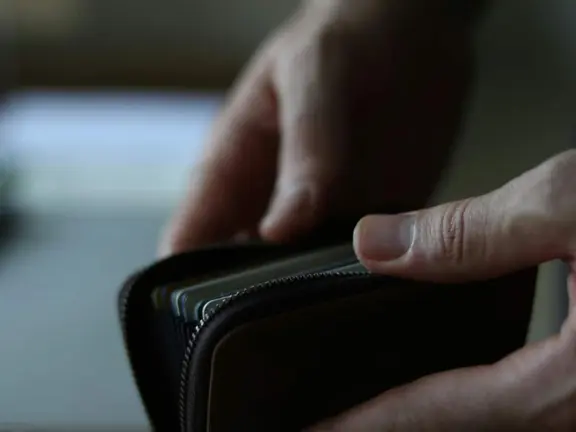


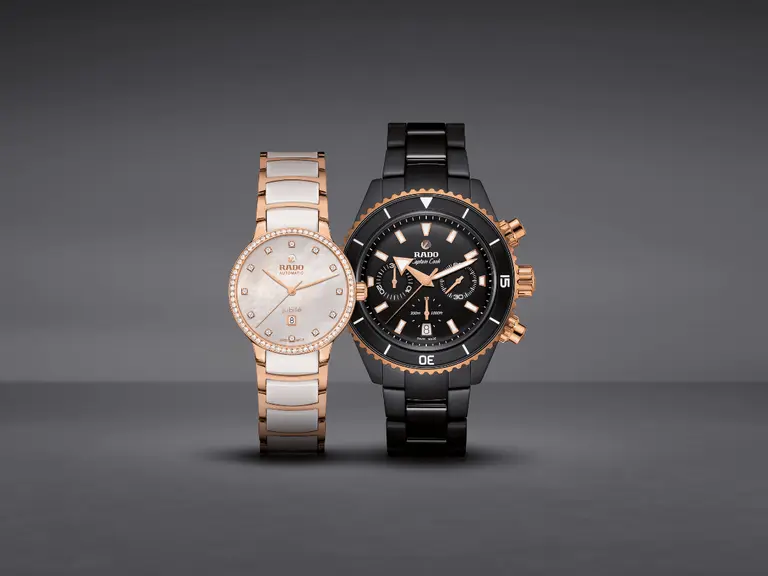






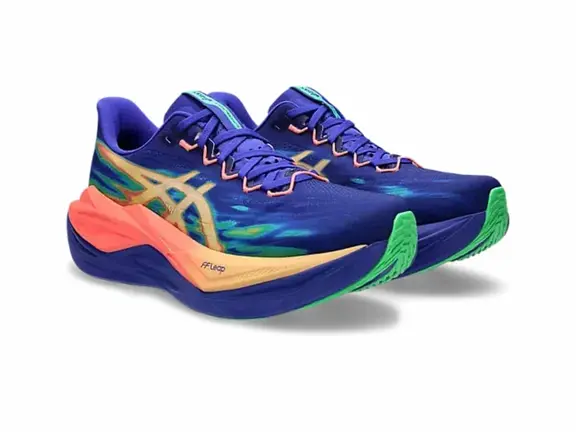






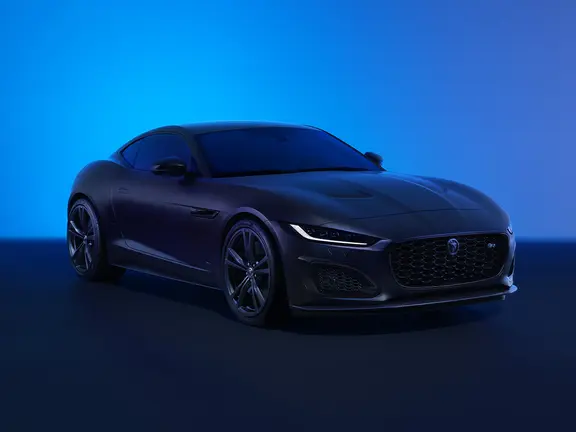







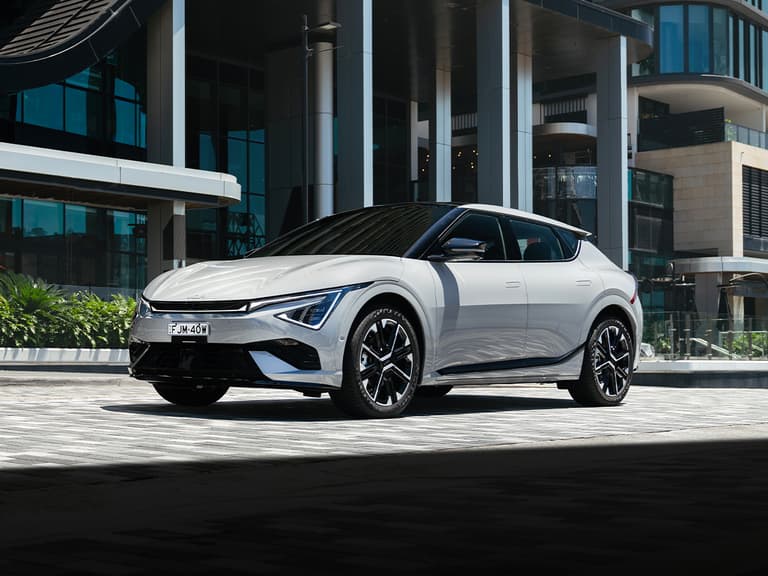
Comments
We love hearing from you. or to leave a comment.